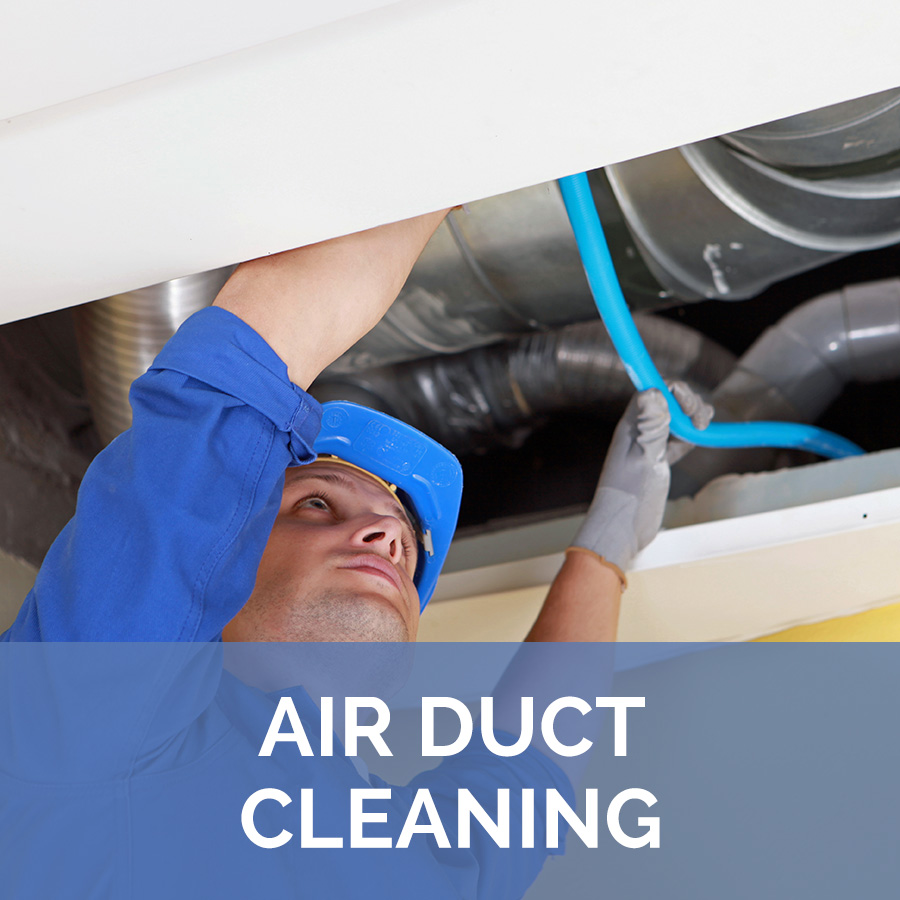Top Indicators Your HVAC System Demands an Upgrade

Your HVAC system serves a key role in providing comfort within your living space in the shifting seasons. It not only regulates temperature but also influences interior air quality and power efficiency. However, like any major home device, your HVAC system has a duration and may require an upgrade after many years of service. Identifying the signs which your system is failing can save you from unexpected breakdowns and higher energy bills in the end.
If you notice yourself regularly modifying the thermostat, experiencing inconsistent temperatures, or encountering high energy expenses, it might be time to evaluate your HVAC system. In this article, we will examine the top signs which indicate your HVAC system might require an upgrade. By recognizing these warning signals, you can make sound decisions about your heating and cooling systems and opt for solutions that boost both comfort and efficiency in your home.
Grasping HVAC Units
Heating, ventilation, and air conditioning stands for climate control, ventilation, and air conditioning. These systems are essential for maintaining pleasant interior climate and air quality in houses and buildings. The main function of an HVAC system is to regulate temperature, ensuring that rooms are cozy during cold seasons and cool in the hot season. Additionally, these systems play a key role in filtering and circulating atmosphere, which helps to a wholesome indoor environment.

The way your heating and cooling system works comprises different components, such as furnaces, air conditioners, ductwork, and temperature controls. The heating component heats the air, while the air conditioning system cools it. Ventilation occurs through the movement of air indoors and outside, ensuring fresh air entry while expelling old air. Comprehending these components helps homeowners identify when their systems may need service or improvements.
Common issues can arise over time, leading to decreased performance and higher energy costs. Problems such as clogged filters, worn-out parts, or duct leaks can impair system performance. Routine maintenance is crucial for extending the longevity of your HVAC system and making sure it operates at peak performance. By identifying signs of deterioration early on, property owners can make smart decisions about repairs or required upgrades.
Frequent Heating, Ventilation, and Air Conditioning Issues and Solutions
One of the most frequent problems homeowners face is inadequate heating or cooling. This issue often occurs from dirty filters, obstructed ducts, or malfunctioning thermostats. Regular maintenance, including replacing air filters and ensuring adequate airflow, can alleviate these issues. If the issue continues, it may be advisable to seek the advice of a professional to diagnose potential issues with the HVAC system's components.
Another common issue is unusual noises coming from the HVAC unit, such as banging, scraping, or squeaking sounds. These noises can indicate unsecured or broken parts, worn bearings, or even debris in the blower. Homeowners should address these sounds promptly, as they can lead to more significant damage if ignored. Scheduling seasonal maintenance can help identify and resolve these problems before they worsen.
Finally, increased energy bills often indicate inefficiencies in an HVAC system. additional hints can stem from outdated units, poor insulation, or incorrect thermostat settings. Homeowners can improve energy efficiency by sealing ducts, upgrading to Energy Star-rated equipment, and using smart thermostats to optimize heating and cooling schedules. Evaluating and addressing these factors can lead to substantial savings and increased comfort.
Deciding on and Managing Your HVAC System
When deciding on an HVAC system for your home, it is essential to consider factors such as the size of your space, local climate, and energy efficiency ratings. Conducting ac system helps identify the correct size of the unit, ensuring ideal performance without overspending on energy bills. It is also advantageous to explore advanced options like ductless mini-split systems or geothermal heating and cooling, which may offer superior efficiency and flexibility compared to conventional systems. Researching various brands and talking to HVAC professionals can also guide you towards a system that best meets your needs.
Once your HVAC system is put in place, routine maintenance is crucial for its longevity and efficiency. Periodic tune-ups, which include cleaning filters, checking ductwork, and reviewing components, help prevent breakdowns and increase the life of your system. Keeping an eye on your energy costs can also be a good indicator of your system's health; any sudden jump in costs can signal inefficiencies that need to be resolved promptly. Scheduling maintenance in spring and fall prepares your system for the demands of harsh weather, ensuring reliable performance year-round.
Investing in a smart thermostat can enhance your HVAC system's efficiency even more. These devices allow you to program temperature settings based on your schedule, helping to reduce energy consumption while keeping comfort. Additionally, incorporating my response can improve indoor air quality, lower allergens, and shield your system from dust and debris buildup. Overall, a thoughtful approach to deciding on and maintaining your HVAC system will result in higher performance, reduced energy costs, and a more comfortable home environment.
